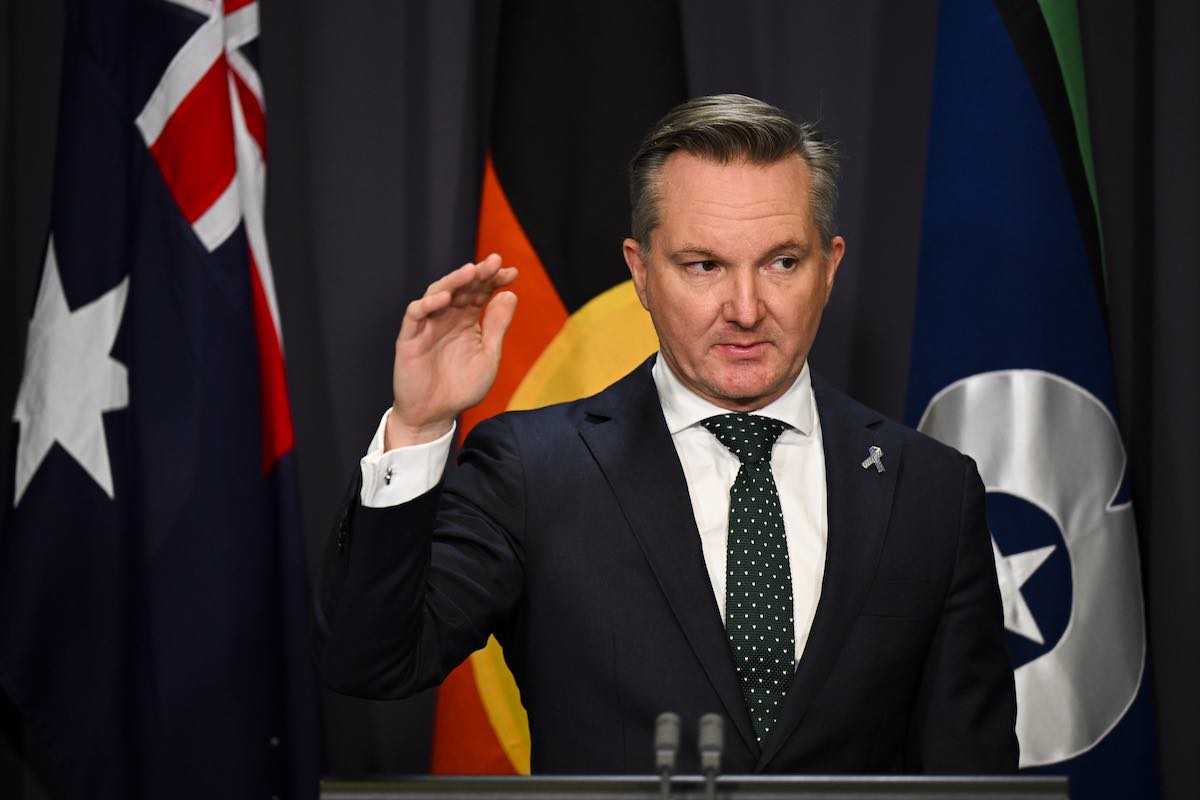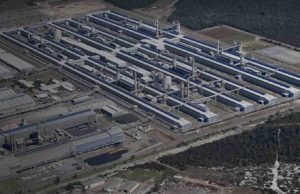Labor is on track to get its energy price cap legislation safely through parliament on Thursday, after striking a deal with the Greens to fast-track the shift of Australian households from gas to electric appliances, and vague assurances that compensation for coal and gas companies is unlikely.
The Albanese government is seeking to impose temporary price caps on the supply of coal and gas to the energy market, to stop the price hikes for commodities whose price of extraction has remained the same.
Australian Greens leader Adam Bandt said on Wednesday that it would support the government in this move, after securing a commitment to co-develop a “significant package” of measures for the next budget to deliver energy savings “that will last for a lifetime.”
These energy savings, which would come from switching households from gas appliances over to electric, could be up to $1900 a year, Bandt says, and for full electrification of a home could be $3500.
Bandt says the Greens will also continue to push for a two-year freeze on power bills, as well as a windfall tax on the profits of coal and gas giants to pay for the consumer compensation and electrification measures.
“The Greens have made it clear to the government that we want to see more compensation flowing to households,” Bandt said at a press conference on Wednesday afternoon.
“Energy corporations for too long have been punishing people in this country and power bills are going through the roof. One way of addressing that is helping people get out from under the greedy gas corporations.”
Bandt says the electrification package, which would be included in the May 2023 budget, would target low and middle income households, renters and public housing tenants – those “traditionally cut out” from accessing energy savings by quitting gas.
“Our package will help unlock hundreds, if not thousands of dollars in savings to the people who need it most. And that means more money in people’s pockets to deal with the cost of living crisis,” he said.
Independent senator David Pocock, who has indicated he will support Labor’s price cap legislation, has made a similar call for more public money to accelerate the electrification of Australian homes and businesses.
In comments following the Greens’ announcement, federal energy minister Chris Bowen confirmed that Labor had agreed to develop a “meaningful and substantial package” to accelerate residential electrification.
“Today, the Albanese government struck an arrangement across the parliament to ensure … our legislation has passage through the Parliament tomorrow,” Bowen said.
“We had a good conversation with Adam Bandt and the Greens and… we have agreed that we will develop, in the lead up to the new budget, a package to assist Australian households and businesses deal with the move to electrification and support them on those on that journey.
“We agree that households and industries moving to cheaper energy, and often in the case of households healthier energy, is a good thing,” he said.
“We’ve begun that work, we’ve undertaken that we’ll deliver a substantial package in the lead up to the May budget; that’s the right thing to do.”
On the price cap, Bowen said that Australians had a right to expect to pay a fair price for gas extracted on “Australian soil” – and not “an exorbitant war price.”
“The legislation will deliver tomorrow will ensure the energy price rises we are seeing right around the world and 90% of them come from coal and gas prices which are a result of Putin’s illegal war, have the sting taken out of the tail when it comes to Australians.”
Bowen did not rule out future compensation for coal and gas companies, but did stress that it would only happen in “very rare” circumstances.
Such circumstances might include the “unusual event” of cost of reductions over $125 a tonne for NSW black coal, which Bowen said he and the NSW government had both agreed “would be a rare event.”
The all but guaranteed passage of Labor’s price cap through Parliament on Thursday delivers a fresh blow to the fossil fuel industry, whose warnings of blackouts and investment freezes have done more to make the case for the measure, than to undermine it.
As Giles Parkinson writes here, fossil fuel giants grousing that they won’t be able to survive without grotesque super profits could be the best validation that the policy might be a good idea. That, and the 30% plunge in the price of “baseload” electricity futures over the last few days.








